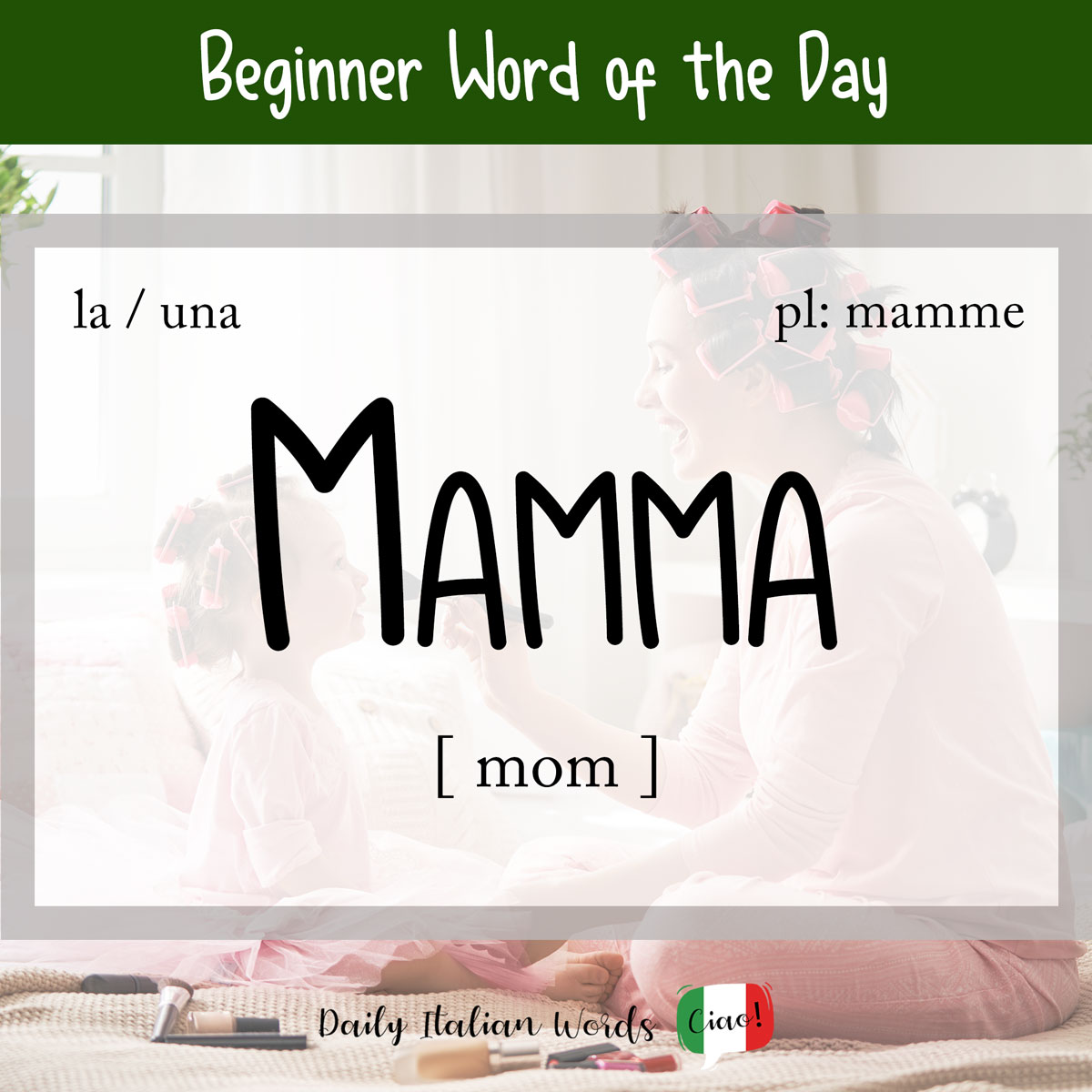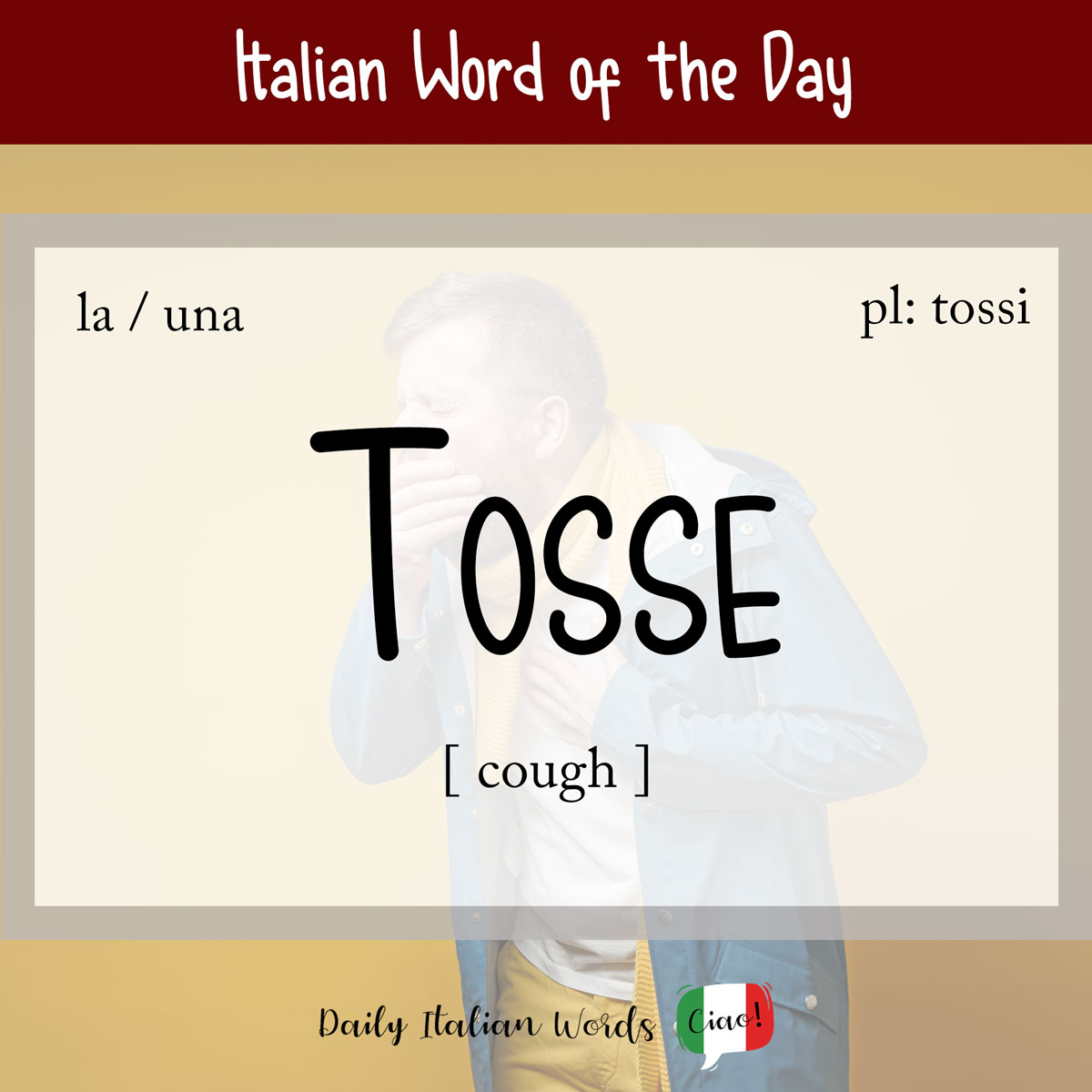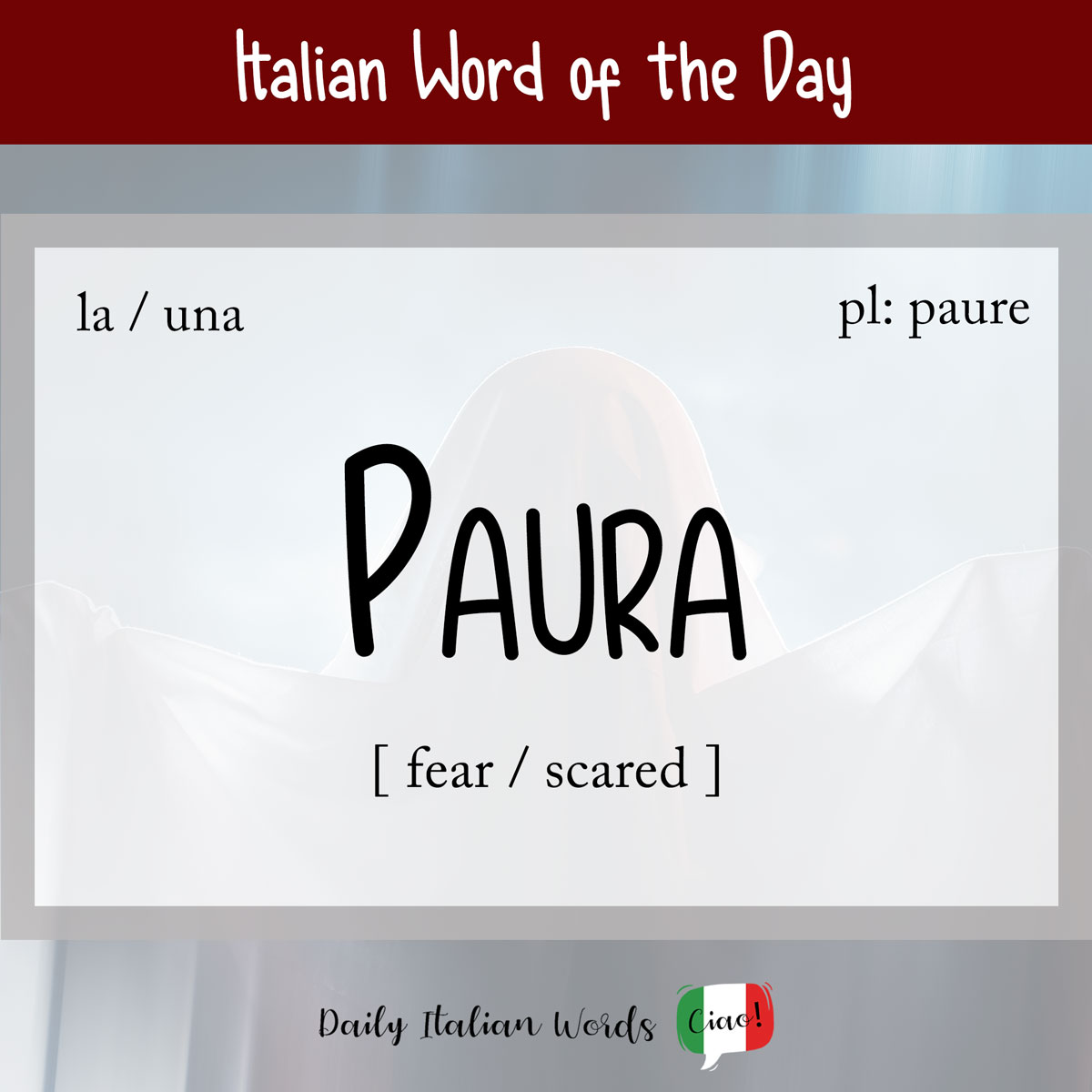Italian Word of the Day: Papà (dad / daddy)
The affectionate name children use towards their father (padre) in Italian is papà. It is the equivalent of dad, daddy or pa in English. A very easy mistake you might make when you first start learning Italian is to accidentally place the emphasis on the first rather than the last syllable. If you place it …






